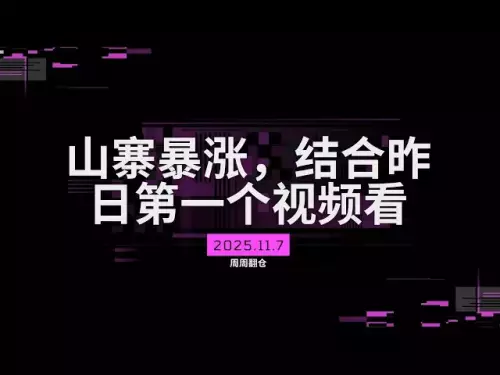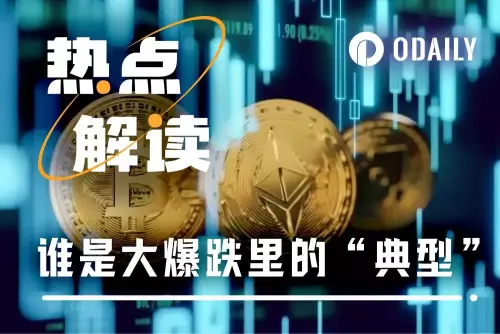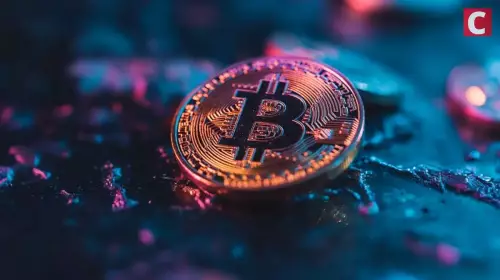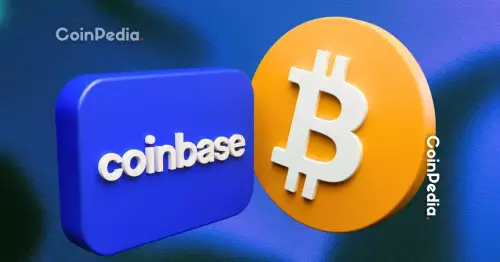 |
|
 |
|
 |
|
 |
|
 |
|
 |
|
 |
|
 |
|
 |
|
 |
|
 |
|
 |
|
 |
|
 |
|
 |
|
Cryptocurrency News Articles
Unverified Apps, PiCoin, and a Costly Lesson: Navigating the Wild West of Crypto
Nov 07, 2025 at 10:59 am
A Pi Network user's unfortunate experience highlights the risks of using unverified apps and the importance of security within the Pi ecosystem.
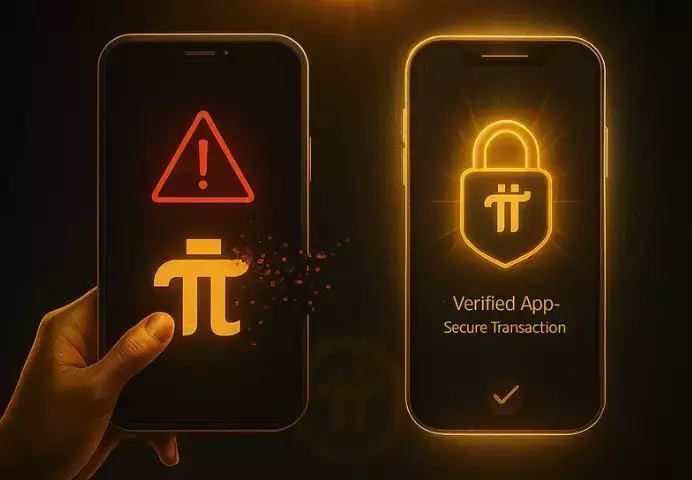
In the fast-moving world of crypto, vigilance is key. The recent mishap involving a Pi Network user and an unverified app serves as a crucial warning. The user lost Pi tokens through "PiChain Mall India," spotlighting the risks of unvalidated platforms.
The Danger of Unverified Apps
Unverified apps pose a significant threat in the crypto space. "PiChain Mall India" isn't officially validated by Pi Network, meaning it lacks the security and transparency of approved apps. Using these platforms can lead to financial loss and confusion.
Why Validation Matters
Validation is more than a formality in web3. Verified apps undergo technical audits and meet strict security standards. They integrate with official infrastructure like the Pi Browser, ensuring secure transactions. Without validation, users are exposed to fraud and transaction failures.
Sticking to the Official Ecosystem
The Open Mainnet is Pi Network’s primary blockchain, enabling real Pi transactions. Legitimate transactions occur through apps in the Pi Browser, which include verified merchants approved by the Pi Network development team. Avoid external platforms to protect your assets.
A Costly Lesson: Real-World Impact
The user's experience with "PiChain Mall India" is a stark reminder of these risks. The app's misleading "refunded" status added insult to injury, highlighting the lack of oversight and clear refund mechanisms on such platforms. It’s a costly lesson in the importance of sticking to verified channels.
Global Consensus Value (GCV): A Grain of Salt?
While the Pi Network community has declared a Global Consensus Value (GCV) of 314,159 for one PiCoin, it's crucial to approach this figure with caution. This valuation, referencing the mathematical constant π, is an internal benchmark and not based on market prices. With PiCoin not yet listed on major exchanges, the GCV remains speculative.
Community vs. Reality
The GCV claim, originating from a grassroots campaign within the community, has sparked mixed reactions. While some see it as a bold statement of belief, others question its feasibility. Analysts urge focusing on real-world use cases rather than speculative valuations.
Precautionary Steps for Pi Network Users
To avoid similar incidents, Pi Network users should:
- Only use apps available in the Pi Browser.
- Ensure merchants are verified by Pi Network.
- Avoid conducting Pi transactions on third-party platforms.
- Report suspicious activity to the community and development team.
Security First, Speculation Second
The PiChain Mall India case underscores the need for caution. While Pi Network builds a secure ecosystem, users must stay vigilant. Sticking to validated applications protects assets and supports the network’s growth. Don't let the allure of quick gains cloud your judgment.
So, there you have it, folks! Keep your Pi safe, your wits about you, and remember: in the crypto jungle, a little caution goes a long way. Happy (and secure) Pi-ing!
Disclaimer:info@kdj.com
The information provided is not trading advice. kdj.com does not assume any responsibility for any investments made based on the information provided in this article. Cryptocurrencies are highly volatile and it is highly recommended that you invest with caution after thorough research!
If you believe that the content used on this website infringes your copyright, please contact us immediately (info@kdj.com) and we will delete it promptly.















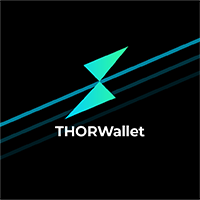



![The Graph Price Prediction [GRT Crypto Price News Today] The Graph Price Prediction [GRT Crypto Price News Today]](/uploads/2025/11/07/cryptocurrencies-news/videos/690d4df44fe69_image_500_375.webp)



